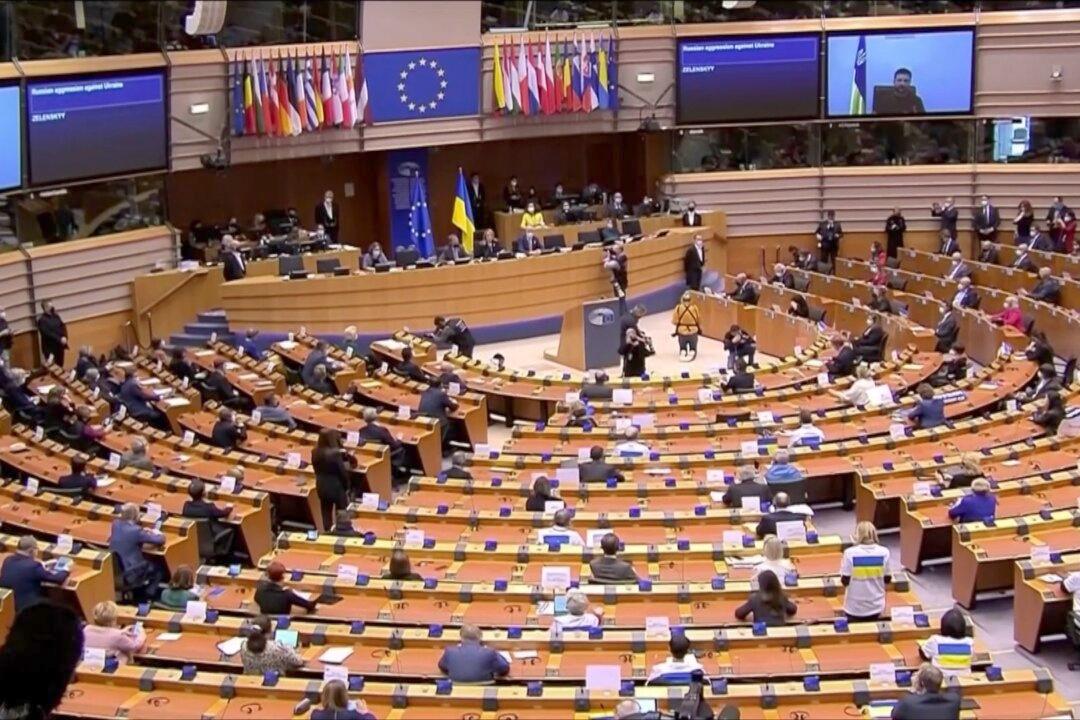European Union (EU) leaders recently agreed on a ninth package of sanctions against Moscow, but the group is facing conflicting opinions as to the extent it should go with these sanctions.
The latest package imposes export controls and restrictions on certain technological goods that can boost Russia’s defense sector as well as technologies such as aircraft engines and drone engines. More banks have been subjected to asset freezes. The licenses of four media outlets are to be suspended in EU countries, due to their direct or indirect control by the Russian Federation. The EU expanded the ban on new investments in the Russian energy sector by targeting certain mining industries.





